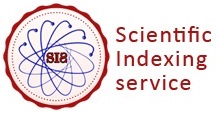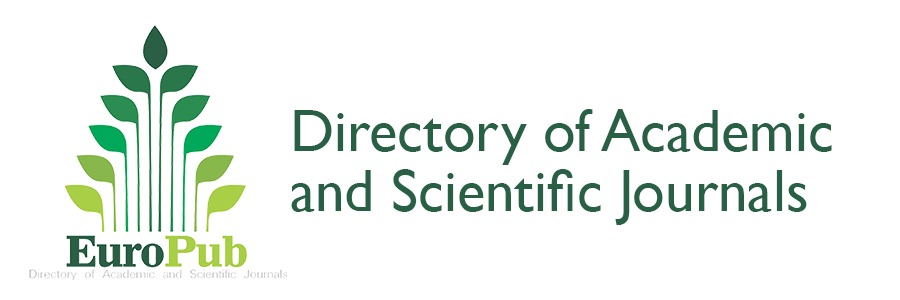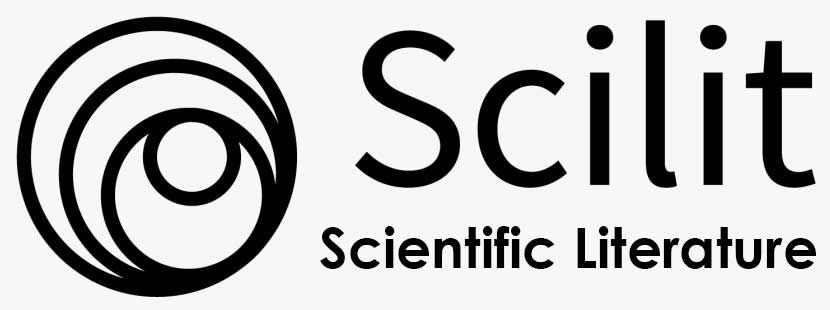Assessment of Knowledge, Attitude and Practices of Lactating Mothers Regarding Exclusive Breastfeeding at THQ Hospital Charsadda (A Cross Sectional Study)
DOI:
https://doi.org/10.62746/njlhs.v3n2.53Keywords:
Breast Feeding, KAP, Knowledge, Attitude, Practices, EBFAbstract
Background: World Health Organization (WHO)advocates exclusive infant feeding for six months and define it as “no alternative food or drink, not even water, except breast milk (including milk expressed or from a wet nurse) for six months of life, however permits the child to receive Oral Rehydration Solution (ORS), drops and syrups (vitamins, minerals & medicines).
Objectives: Assess the knowledge, attitudes, and practices (KAP) of lactating mothers regarding exclusive breastfeeding (EBF). Identify the factors influencing the KAP of lactating mothers towards EBF.
Methods: This cross-sectional study was conducted from November 2021 to March 2022 . Totaling 384 participants, the data were selected through interview based structured questionnaire and analyzed through SPSS 24. Descriptive statistics were applied for demographic variables and chi-square for the categorical variables.
Result: In 384 lactating mothers, only (30.5%) lactating mother feed their babies exclusively. And (34.4%) of mothers initiating breastfeed within an hour after the delivery. lactating mother had average knowledge (mean score: 52.9) and attitude about EBF (mean score: 58.3). Knowledge and attitude were average. Monthly income, background (rural and urban), and education were significantly association with knowledge of EBF determinants (p<0.05; CI=95%). Education and employment of the mothers were also significant to the EBF attitude.
Conclusion: The majority of the mothers had average knowledge and attitude toward EBF. The breast-feeding practices were suboptimal than recommended. Effective community health education is key to increasing exclusive breastfeeding (EBF). Media campaigns and research into social and cultural motivators can further enhance EBF practices.
Downloads
Downloads
Published
Issue
Section
License
Copyright (c) 2024 National Journal of Life and Health Sciences

This work is licensed under a Creative Commons Attribution-NonCommercial 4.0 International License.
Open Access


























